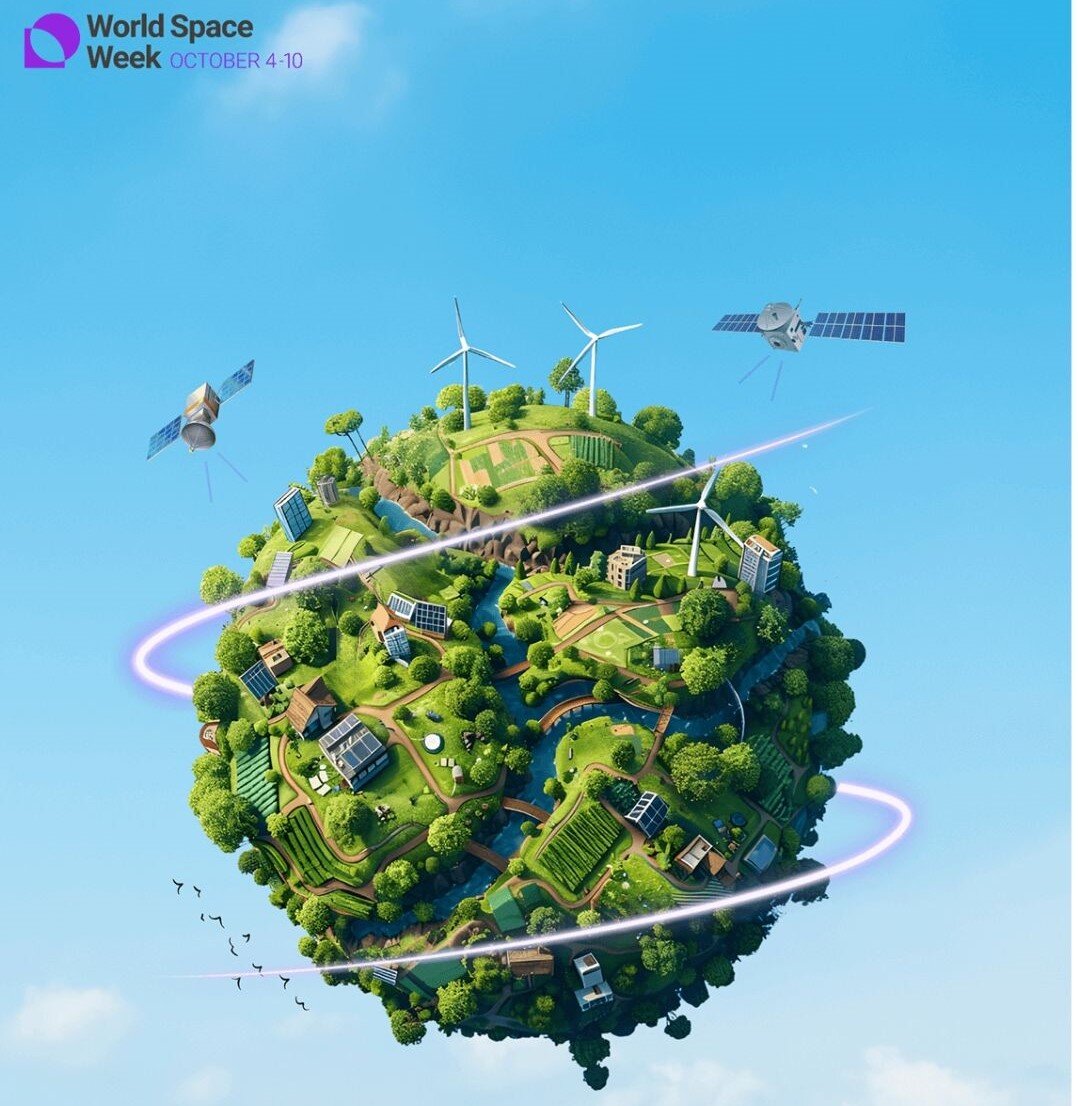World Space Week to be marked

TEHRAN –The World Space Week is observed annually from October 4 to 10 as the largest annual space event in the world. The week helps build up the workforce of tomorrow by inspiring students; demonstrating visible public support for the space program; educating the public about space activities; and fostering international cooperation in space outreach and education.
According to the World Space Week Association, it will be marked under the theme of ‘Space and Climate change’ this year.
The theme celebrates the transformative impact of space technology in our ongoing battle against climate change, emphasizing the proactive role space exploration plays in enhancing our understanding and management of Earth’s climate.
The World Space Week 2024 will seek to educate, inspire, and effectively connect global communities by focusing on the powerful alliance between space technology and climate science.
Throughout the week, efforts will be made to highlight the vital role of satellites and space technology in monitoring climate change and developing effective strategies to reduce the harmful effects of climate change.
“We will emphasize the essential role that space plays in monitoring the Earth’s climate and mitigating climate change,” World Space Week Association quoted Dennis Stone, Association President, as saying.
“This theme aims to spark worldwide educational and public outreach initiatives, showcasing the crucial and integral part that space plays in understanding our global environment,” he added.
The Iranian Space Agency will celebrate the event to raise public awareness by holding various programs for different age groups. It has named the days of the week as follows.
Friday, October 4, ‘Space, Earth, and Future generation’.
Saturday, October 5, ‘Space, AI, and Climate change’.
Sunday, October 6, ‘Satellite, and Greenhouse gas emission monitoring’.
Monday, October 7, “Space technology, and Natural disasters’ management’.
Tuesday, October 8, ‘Space climate, and solar activity monitoring’.
Wednesday, October 9, ‘Man, Space technology, and food security’.
Thursday, October 10, ‘Space technology, Weather monitoring equipment’.
The United Nations General Assembly declared in 1999 that World Space Week will be held each year from October 4-10. These dates commemorate two events. October 4, 1957: Launch of the first human-made Earth satellite, Sputnik 1, thus opening the way for space exploration
October 10, 1967: The signing of the Treaty on Principles Governing the Activities of States in the Exploration and Peaceful Uses of Outer Space, including the Moon and Other Celestial Bodies.
Holding World Space Week aims to provide unique leverage in space outreach and education, educate people around the world about the benefits that they receive from space, encourage greater use of space for sustainable economic development, demonstrate public support for space programs, excite young people about science, technology, engineering, and math, and foster international cooperation in space outreach and education.
World Space Week consists of thousands of space-related events held by space agencies, aerospace companies, schools, museums, astronomy clubs, and others in a common timeframe to achieve greater student and public impact through synchronization.
MT/MG
